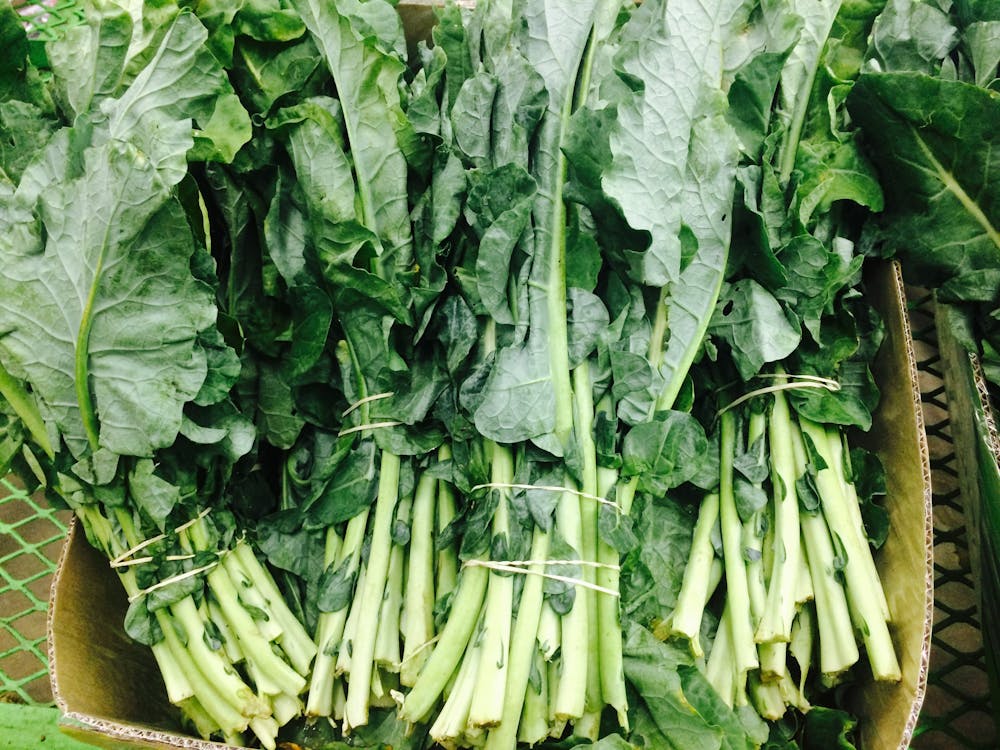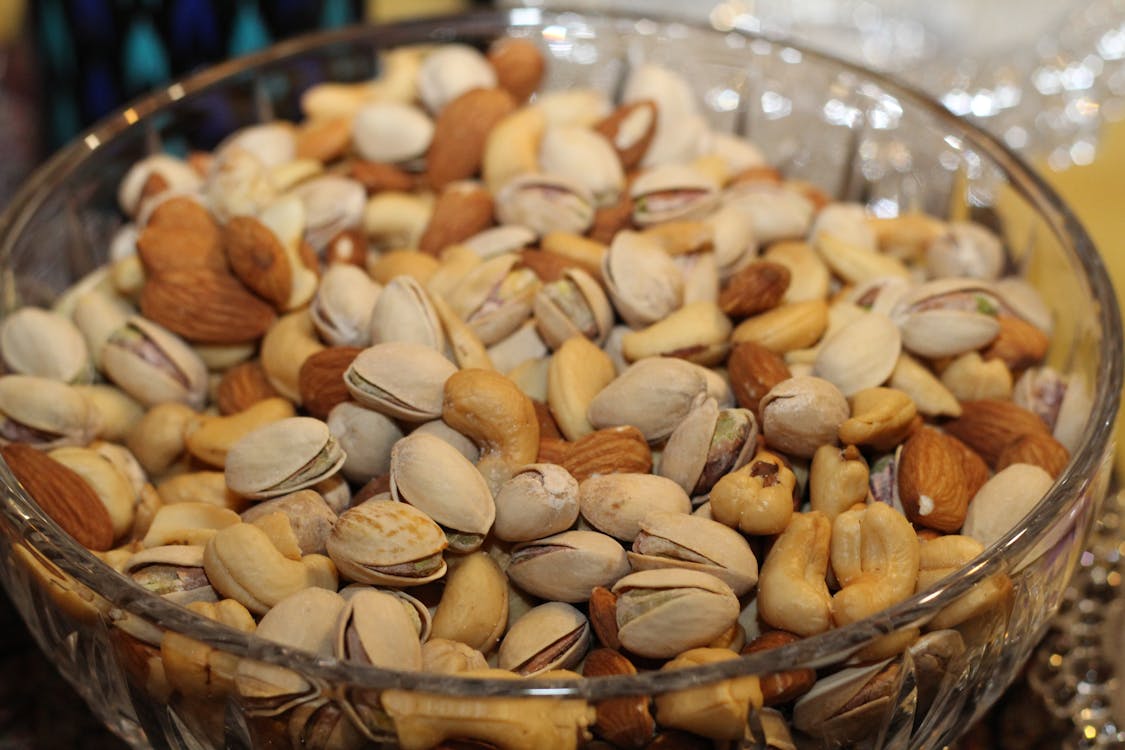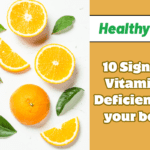10 Best Foods for High Blood Pressure
1. Leafy green vegetables help regulate blood pressure
Leafy green vegetables, such as spinach, kale, and collard greens, are rich in potassium, calcium, and magnesium, which are essential for regulating blood pressure. These minerals help to balance out the effects of sodium, relax blood vessels, and improve blood flow, ultimately leading to lower blood pressure.
Regular consumption of leafy greens has been shown to reduce the risk of hypertension, heart disease, and stroke. The fiber, vitamins, and antioxidants in leafy greens also contribute to overall cardiovascular health.

2. Berries are good for heart health
Berries are a delicious and nutritious way to support heart health. Rich in antioxidants, fiber, and vitamins, berries such as blueberries, strawberries, and raspberries have been shown to help lower cholesterol levels, blood pressure, and inflammation, all of which can contribute to a reduced risk of heart disease.
The flavonoids present in berries also help to improve blood vessel function, boost cardiovascular health, and reduce the risk of heart attacks and strokes. With their sweet flavor and numerous health benefits, berries make a great addition to a heart-healthy diet.
Read Also:
Pregnancy: Signs, Symptoms, Overview, Health Tips You Should Know
3. Oats help patients with high blood pressure
As a whole grain powerhouse, oats are packed with soluble fiber, which plays a pivotal role in promoting heart health and regulating blood pressure levels. The soluble fiber in oats works by binding to cholesterol in the digestive tract, preventing its absorption into the bloodstream and thereby helping to lower LDL (bad) cholesterol levels.
Additionally, oats contain compounds called beta-glucans, which have been shown to support healthy blood vessel function and improve circulation, further contributing to the management of hypertension. Incorporating oats into the diet can be as simple as enjoying a warm bowl of oatmeal for breakfast, blending oats into smoothies, or using oat flour in baking recipes.
4. Bananas help to lower blood pressure
Rich in potassium, a vital mineral known for its role in regulating blood pressure, bananas offer a delicious and accessible way to support cardiovascular health. Potassium helps to counteract the effects of sodium in the body, promoting fluid balance and relaxing the walls of blood vessels, which in turn helps to lower blood pressure levels.
Additionally, bananas contain other heart-healthy nutrients such as magnesium and vitamin C, further enhancing their cardiovascular benefits. Whether enjoyed as a quick snack on the go, sliced over oatmeal or yogurt, or blended into smoothies, bananas provide a versatile and nutrient-dense addition to any diet aiming to manage blood pressure.

5. Salmon fish is beneficial for patients with high blood pressure
Salmon, a flavorful and versatile fish, emerges as a valuable addition to the diets of individuals managing high blood pressure. Rich in omega-3 fatty acids, particularly EPA (eicosapentaenoic acid) and DHA (docosahexaenoic acid), salmon offers potent anti-inflammatory and cardiovascular benefits.
These omega-3 fatty acids have been shown to help lower blood pressure levels by reducing inflammation in the body, improving blood vessel function, and promoting healthy circulation.
6. Avocados help to regulate blood pressure
Avocados, revered for their creamy texture and rich flavor, emerge as a formidable ally in the quest to regulate blood pressure and promote cardiovascular health.
Packed with heart-healthy nutrients such as potassium, magnesium, and fiber, avocados offer a multifaceted approach to blood pressure management. Potassium, in particular, plays a crucial role in balancing sodium levels in the body, thereby helping to lower blood pressure.
Read Also:
7. Nuts and seeds help in improving heart health
Nuts and seeds are a crunchy and nutritious way to support heart health. Rich in healthy fats, protein, and fiber, they help lower cholesterol levels, improve blood lipid profiles, and reduce blood pressure. The antioxidants and anti-inflammatory compounds in nuts and seeds, such as walnuts, almonds, chia seeds, and flaxseeds, also help prevent the formation of blood clots and improve overall cardiovascular function.
Additionally, the magnesium and potassium in nuts and seeds help regulate heart rhythm and maintain healthy blood vessels, making them a great snack for a heart-healthy diet.

8. Whole grains regulate blood pressure
Whole grains, celebrated for their nutritional density and dietary versatility, emerge as potent allies in the quest to regulate blood pressure and support cardiovascular health. Laden with a plethora of heart-healthy nutrients such as fiber, magnesium, potassium, and antioxidants, whole grains offer a multifaceted approach to blood pressure management.
The soluble fiber content in whole grains aids in reducing LDL (bad) cholesterol levels, thereby promoting heart health and reducing the risk of hypertension-related complications. Moreover, the magnesium and potassium content in whole grains contributes to vasodilation and blood vessel relaxation, facilitating healthy blood flow and helping to regulate blood pressure levels.
9. Garlic helps to lower blood pressure
Garlic, revered for its culinary versatility and potent medicinal properties, emerges as a formidable ally in the effort to lower blood pressure and support cardiovascular health. Rich in bioactive compounds such as allicin, sulfur compounds, and antioxidants, garlic offers a multifaceted approach to blood pressure management.
Allicin, formed when garlic is crushed or chopped, has been shown to promote vasodilation, thereby helping to relax blood vessels and improve blood flow, which can lead to lower blood pressure levels. Additionally, garlic’s sulfur compounds may help reduce the production of angiotensin II, a hormone that constricts blood vessels and raises blood pressure.
10. Beans are beneficial for blood pressure patients
Beans, renowned for their nutritional richness and culinary versatility, emerge as a beneficial addition to the diet of individuals managing blood pressure. Packed with an array of heart-healthy nutrients such as fiber, potassium, magnesium, and antioxidants, beans offer a holistic approach to blood pressure management.
The soluble fiber content in beans aids in reducing LDL (bad) cholesterol levels, which can contribute to elevated blood pressure, while also promoting satiety and aiding in weight management, further supporting cardiovascular health. Additionally, the potassium and magnesium found abundantly in beans play vital roles in regulating blood pressure by promoting vasodilation and counteracting the effects of sodium in the body.




